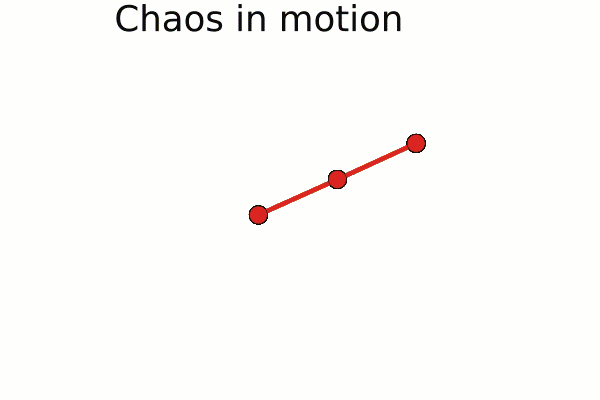This module introduces the difficult process of writing about random numbers. We will use some introductory Monte Carlo simulations to:
- Discuss Uncertainty in Design:
- Perform statistical analysis of simulation data to extract meaningful insights
- Present clear and concise statistical findings
- Distinguish between qualitative (social) and quantitative (engineering) uncertainty in technical documents
- Illustrate the importance of social uncertainty in engineering design
- Monte Carlo Simulation:
- Create Monte Carlo simulations using software tools (e.g., Python, R) to analyze complex systems and scenarios
- Interpret and communicate the results of Monte Carlo simulations
- Explain the principles and applications of Monte Carlo simulation in data-driven decision-making
- Develop probabilistic models for real-world scenarios
- Create Visualizations of Data:
- Generate effective and informative visual representations of engineering data using appropriate tools (e.g., Excel, Python, or MATLAB)
- Select suitable visualizations for different data sets and e.g. plots, bar charts, scatter plots, histograms, contour plots,
The core of Monte Carlo methods depends upon good pseudo-random number generators. There are two opposing philosophical theories that:
- randomness is impossible
- the universe is random
In Classical Newtonian physics, every action has an equal and opposite reaction. Each effect is created by some cause.
"We may regard the present state of the universe as the effect of its past and the cause of its future. An intellect which at a certain moment would know all forces that set nature in motion, and all positions of all items of which nature is composed, if this intellect were also vast enough to submit these data to analysis, it would embrace in a single formula the movements of the greatest bodies of the universe and those of the tiniest atom; for such an intellect nothing would be uncertain and the future just like the past could be present before its eyes."
-Pierre Simon Laplace, A Philosophical Essay on Probabilities[1]
Laplace makes the point that in any system governed by known physics, we can predict future outcomes based upon initial conditions. In Laplace's world, it seems like everything is predictable and well-behaved. This is true, until you consider chaotic systems and things like the Butterfly effect.
A Chaotic system is different from a random system, because a choatic system follows predetermined rules, but small changes in initial conditions lead to large changes in final outcomes. The results can look random, but there is no randomness in the laws or predictions. For example the double pendulum follows specific physical laws, but seemingly small changes lead to large final outcomes.
Modern physics involves the wave-particle duality of subatomic
particles, but this is still a set of deterministic physical laws that
make predictions about how the world works. The uncertainty principle
limits how accruately you can "know" position and momentum, but this
uncertainty is much smaller than almost all phenomena you can experience
e.g. uncertainty in electron positions might stretch to
"I, at any rate, am convinced that [God] does not throw dice" -Albert Einstein [Letter to Max Borne]
Einstein disagreed with the idea that even Quantum Mechanics can consider these theories as "random". Quantum Mechanical interpretations of wave functions depend upon many-world theories and superposition, but they are inherently deterministic. Always connecting events through known interactions even when cause-effect relationships seem to invert.
Most scientific theories are grounded in an underlying dogmatism that each effect is the result of some cause. Testing and validating scientific theories is done by isolating causes and measuring effects. In spite of these continued advances, there seems to be unexplained and seemingly random phenomenon. Nihilism, Existentialism, and Absurdism try to make sense of a world that seems random, chaotic, and meaningless. These philosophical theories point to chaos and chance encounters and try to make sense of the world in its random state.
Whether you consider the world to be ruled by cause and effect and
chaotic or completely random. It is not easy to create truly random
numbers. Truly random numbers need to be uniformly distributed e.g.
the chance of 0 is the same as the chance of 0.789 and unpredictable.
Cryptocurrency, cryptography, and NFTs rely almost entirely on the
creation of truly random numbers.
In this course we will use the NumPy
default_rng
to create numbers that are pseudo random. We can't use them to generate
cryptographic keys, but they are great for understanding uncertainty in
physical systems.
1. Laplace, Pierre Simon, A Philosophical Essay on Probabilities, translated into English from the original French 6th ed. by Truscott, F.W. and Emory, F.L., Dover Publications (New York, 1951) p.4. 2. Barker, E. and Kelsey, J. Recommendation for Random Number Generation Using Deterministic Random Bit Generators, NIST Spec. Pub. 800-90A
